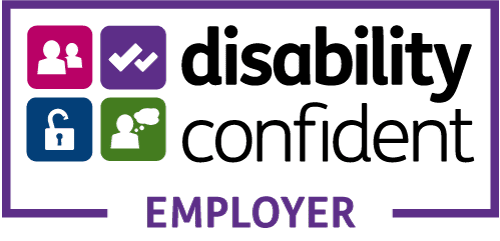
Fundamentals for a creative CV
Fundamentals for a creative CV
about 2 years ago by Alana Campbell
In a world of LinkedIn and Instagram profiles, online portfolios, and WOW factor showreels; job seekers underestimate the importance of a strong CV.
We have shared insight before on how to write a killer CV, however, I have tailored this to CV writing for Creatives in the hope that it will help some of my talented candidates to best showcase their experience.
Your CV is a summary of who you are and where you’ve worked, and it needs to convince the reader very quickly that you are worth investing more time in. It needs to be easy to digest and quickly match what you have to offer with what our clients are looking for.
Remember, the purpose of a CV is to get you an interview, not the job.
Split into easily digestible chunks
Summary: LinkedIn has made it super simple for companies to put up their own job ads, opening the floodgates to 100s of applicants. For your CV to really speak to the hiring manager, it is essential that you start with a summary of who you are and what you are looking for. This is especially important for multi-disciplinary roles; the career paths that lead to these roles are not linear, meaning CVs can often look misaligned with the job advertised.
Software: I would next list the software that you are proficient in. Often employers will be looking at a list of necessary software needed for the role, so putting this high up will again highlight that you have the skills needed. I would also add years of experience if appropriate. E.g. After Effects – 3 years
Experience: Listed job by job. Organise the employment section to include Key Responsibilities and Key Achievements within each job listed. Try and get some numbers/quantities/timeframes into this section but keep succinct!
Education: Provide details of all relevant qualifications including a year of graduation. No need for long lists of GCSEs! Simply include the number of qualifications, with associated grades (e.g. 9 GCSE’s grade A-C).
Interests: Interests are good when they demonstrate attributes that are required, in the job you are applying for, but they can be off-putting. Try to avoid, ‘I love my cat’, ‘I enjoy socialising with friends’. These may well interest you but are they helping you communicate something important to the reader? Perform a sense check and put yourself in the readers’ shoes!
Do’s
Your CV must be totally typo free and grammatically correct (just because you are applying for a creative role, do not overlook the importance of this). Check, check, and check again… proofread and ask friends and family to proofread it too. A poor CV, full of typos, will often be rejected immediately – even if you have everything that the job requires!
It is no more than 2 pages. Our clients are looking for your most relevant (and recent) experience, which will be your last two or three jobs (we don’t need to know that you worked in a bar when you were 17 - no offence!).
It is a personality trait of many creatives to be modest, but remember, now is your opportunity to sell yourself and try and secure that first meet!
Applying for a role within the creative industry means that your CV must look visually appealing and harmonious. Layout is everything. Write your CV and then tighten it up, again and again. Check your margins and columns are all aligned, to the pixel.
Don’ts
The photo! First impressions count, so even if you have your best pout on, remember including a photo is high risk, not to mention against recruitment ethics.
A CV that is not kept current and where dates don’t add up. Check them!
A CV that does not match the information on your LinkedIn profile. This can be checked by our clients so make sure all your dates and job titles are aligned.
Overly designed CVs. A simple white, portrait CV with a nice typeface and good spacing over 2 pages is perfect. CV’s on a slant, with butterflies, etc., or landscape are high risk. Make life easy for your reader!
Obvious job hopping. If you have an employment history where you have only stayed a short amount of time in a few of your jobs, the perception will be a lack of focus or stability. If there are genuine reasons beyond your control, do add your reason for leaving, be it redundancy, company relocation, insolvency, contract only, etc.
Continue reading
-

Typical freelance rates
-

Choosing the right approach to recruitment
-
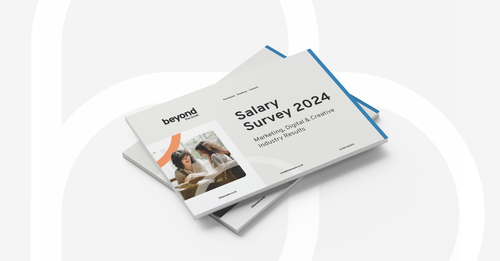
Salary Survey 2024 – FREE DOWNLOAD
-

Leveraging a Salary Survey for Strategic Recruitment Planning
-

How to set yourself up as a Self-Employed Contractor?
-

Ineffective Recruitment – It’s a wrap!
-

Ineffective Recruitment - Part 6
-

5 reasons to avoid a multi-recruiter strategy
-

Ineffective Recruitment - Part 5
-

Ineffective Recruitment - Part 4
-
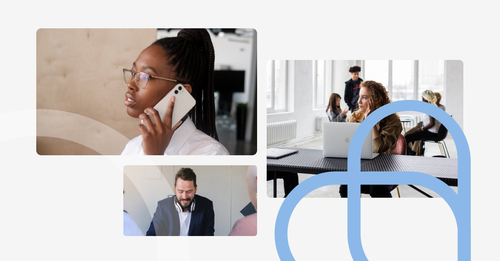
Ineffective Recruitment - Part 3
-

Ineffective Recruitment - Part 2
-
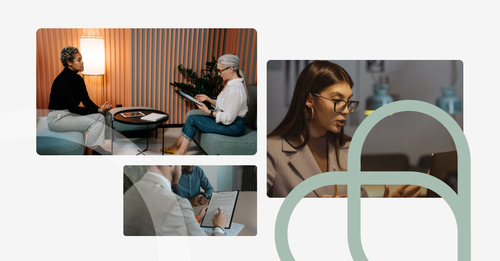
Ineffective Recruitment
-

Need to hire in confidence?
-

Be the best choice for your ideal candidate
-

Qualify Your Recruiter - FREE DOWNLOAD
-

Jack heads for the House of Lords
-

Maintaining your brand reputation during your recruitment process
-

Employee loyalty - from one way to two way, or the highway!
-
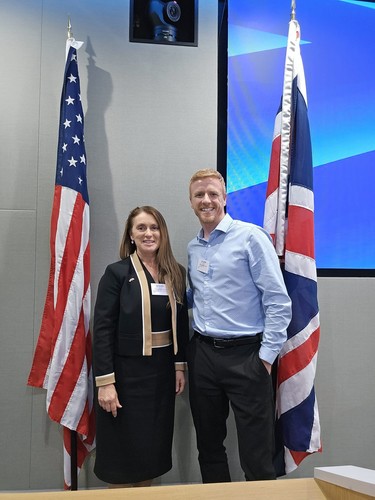
We are patrons of the GBTCC
-

How to protect your brand when recruiting directly
-

Introducing our new Watchlist - for Agencies
-

introducing our new Watchlist - for Companies
-

Expanding Horizons: Beyond the Book brings its Marketing recruitment services to the USA
-
.jpg)
Is it time to grow your marketing team?
-

Trust us to care and deliver
-

Complimentary Salary Benchmarking - 2023
-

A little update for candidates and freelancers
-
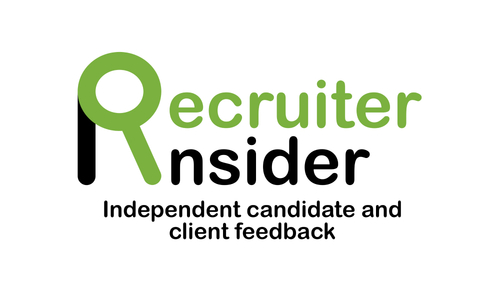
Our latest investment in recruitment excellence
-

Will you go out with me?
-

How best to recruit in a hurry
-

Midlands Annual Design Survey 2022
-

FAQ - About Beyond The Book, for businesses
-

How do you go about hiring a senior digital professional, agency side?
-

Where do you go if you are looking to bring your first Head of Digital into the team, in-house?
-

With Halloween approaching, lets discuss ‘ghosting’
-

How has hiring a Freelancer or Contractor changed post Covid?
-

Our Salary Survey 2022 - FREE DOWNLOAD
-

Update & insights in the current market 2022
-

The real reason your recruiter is asking you to work exclusively
-

Recruitment activity needed in the current marketplace
-

Where do you go when you need multiple roles filled, and quickly!?
-

Recruiting direct? Job copy advice in the current climate - FREE DOWNLOAD
-

Say Hello to Ella, Georgie and Mallory!
-

Meet our marketing recruitment team
-

Is a career in freelance Account Management for you?
-

Fundamentals for a creative CV
-
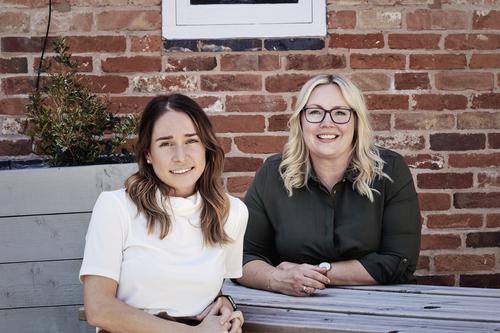
Is your freelance roster running dry?
-

A Case In Point – Helping my client look for a specialist Digital Marketing Executive
-

Client case study - why relationships matter
-

How to improve your diversity
-

How to prepare & present your freelance portfolio
-
.jpg)
People Need Not Apply!
-

Why are people who choose Agency life loving it more than ever before?
-

How to create a killer content plan
-

Want to get better at b2b marketing?
-

Update & insights in the current climate 2021
-

A case in point….
-

How we delighted this HR Manager with a seamless recruitment process
-

10 ways a quality, specialist recruiter can add significant value to your job search
-

What if... your recruitment planning isn’t aligned to the current climate?
-

Agency PR and Marketing Case Study
-

What is a career in recruitment really like?
-

Hybrid working: What does that even mean?
-

Where did those two weeks go?
-

Salary is the only way to be competitive?
-

Advertainment - Driving trackable results
-

Our Salary Survey 2021
-
The Power of Employee Experience – Q&A with Robert Pender
-

LinkedIn Top Tips for Jobseekers
-
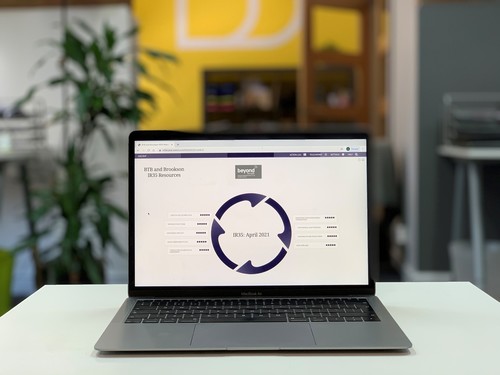
IR35 Cycle – IR35 support resources for your business
-

Should your strategy include email marketing?
-

Case Study – Content Manager
-

Q&A with Jessie and Michelle
-

BTB – Recordings of our IR35 webinars
-

How is the freelance market shaping up in 2021?
-

Supporting Juniors entering the creative industry
-

Flexible working is the new 9-5!
-

Is your company exempt from the IR35 reform?
-

BTB & Brookson One IR35 Webinar for Businesses
-

BTB & Brookson One IR35 Webinar for Freelancers
-

A Social Media (and a bit of PR!) case study
-

How freelance works for clients
-

Are you missing your ideal candidate?
-
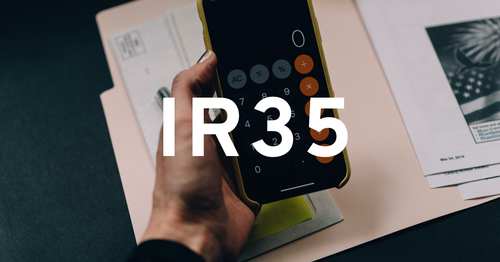
IR35 Off-Payroll changes - FREE DOWNLOAD
-

The very real cost of less than perfect recruitment
-

Our commitment to Businesses in 2021
-

We have the market covered
-

We have a winner!
-

Information update from us to you
-

If 2020 has taught us one thing...
-

Happy New Year!
-

Recent Marketing and Content case study
-

Recent PR case study
-

Recent Digital Marketing case study
-

Recent Marketing case study
-

Do you need a PR person?
-

Recent creative case study
-

An update for businesses
-
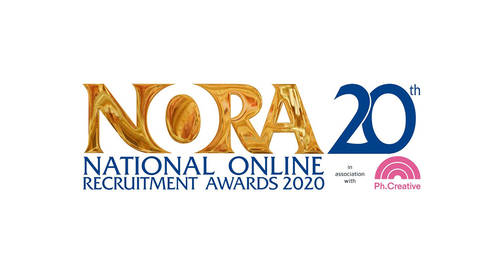
We’re finalists!
-

Creative and Design
Client Services and DeliveryDigital Marketing
Marketing and Brand
PR and Communications
Digital Specialists
Freelance -
13 The Courtyard
Timothy's Bridge Road
Stratford-upon-Avon
Warwickshire
CV37 9NP
01789 451510
info@btbpeople.co.uk
View map -
Stay connected to
Beyond The Book
Beyond The Book is a Disability Confident Employer and Inclusive Recruiter. If you experience any barrier in navigating, reading or processing the content of our website, or applying for any advertised positions, please contact Sally Moist or Adam Smith (or ask someone on your behalf to). Sally or Adam will reach out to you promptly (or your named representative), listen to your needs and identify ways to help you access our information and service.
© Beyond The Book Ltd. | Registered in England no. 06856820 | Vat no. 102143971 | Privacy Policy
